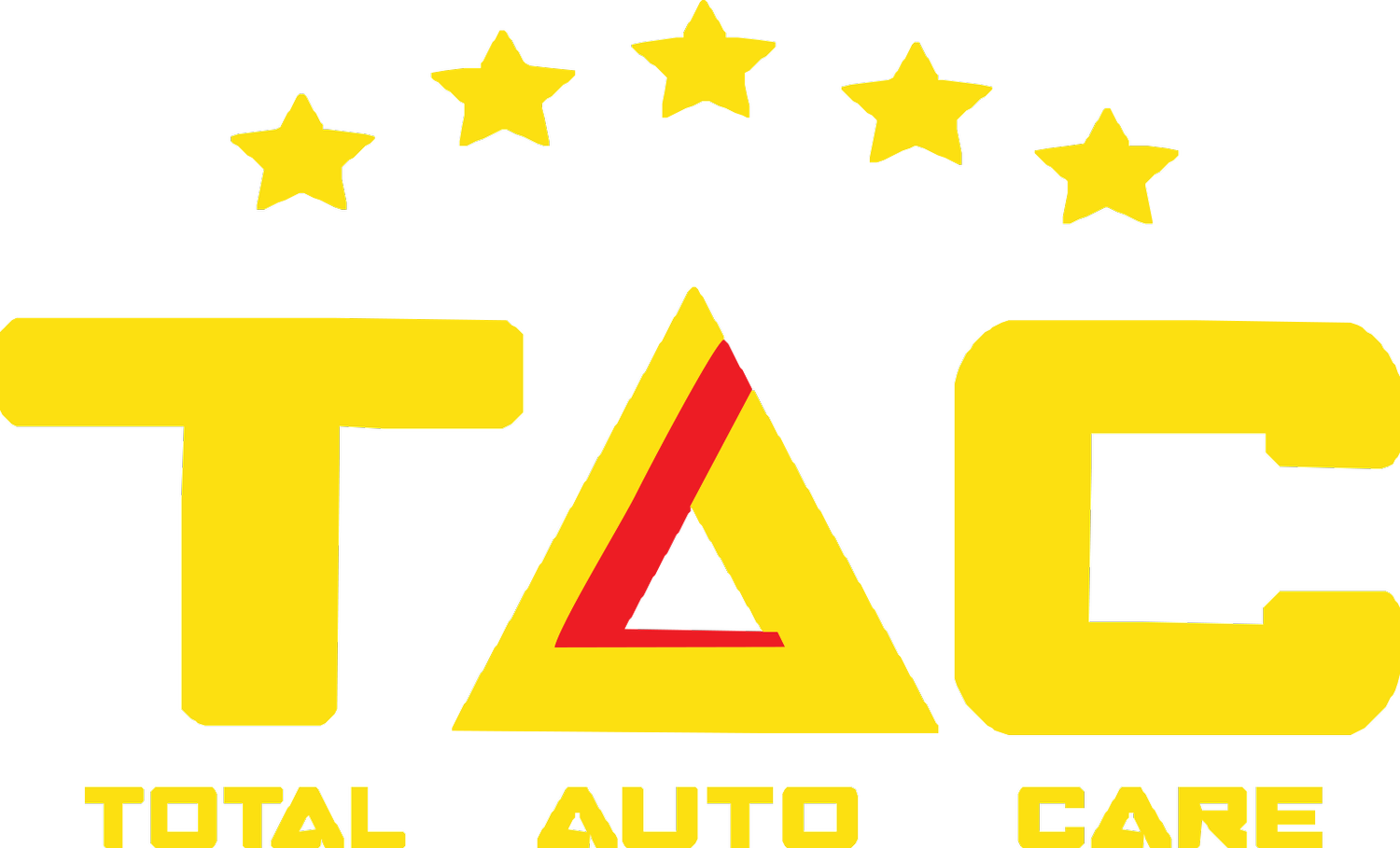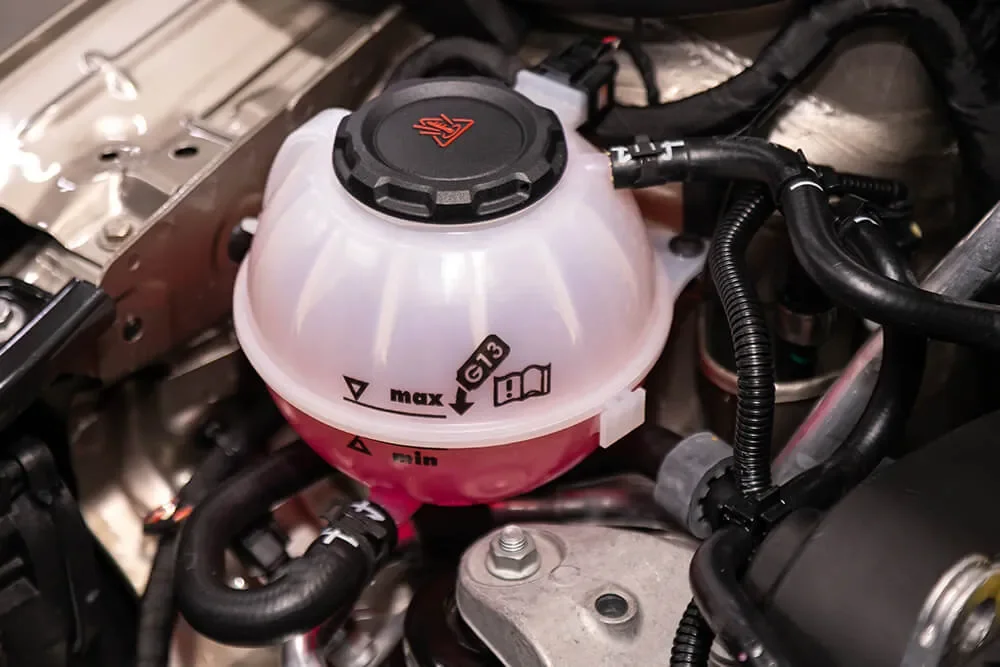What Makes a Car Engine Overheat All the Time?
An issue with the cooling system, poor vehicle maintenance, a cracked head gasket, or a cracked exhaust manifold gasket can all make your engine overheat every time you drive your car, truck, or C/SUV. In this blog post, Total Auto Care is going to talk about the problems with the cooling system that will raise the engine's temperature all the time. It's important that you have any problem repaired as soon as possible. Driving the engine while it is running too hot can cause serious damage.
Faulty Water Pump
A faulty water pump could mean that you don't have coolant circulating through the engine. Consequently, the engine's temperature will exceed 220 degrees Fahrenheit. If you drive an automobile that has 100,000 miles on the odometer, it's possible that the water pump has gone bad because this is its average lifespan.
Faulty Thermostat
This is also the average lifespan of the thermostat, and this cooling system part can also cause the engine to overheat all the time. Before the water pump can circulate the coolant through the engine, the thermostat must release it. If the thermostat has gone bad, it may never open the valve to release the coolant into the engine.
Leaking Engine Coolant
You may also have low coolant levels in the engine because the cooling system is leaking coolant. This can happen if the seals, gaskets, or hoses are worn. It can also happen if the radiator bottom rusts out. The coolant can also leak out of the overflow reservoir if it is cracked.
Clogged Cooling System
Another cooling system problem that will cause the engine to overheat is a cooling system clog. To prevent this from happening, have the cooling system serviced every 30,000 miles. This gives us a chance to drain the old coolant, flush the system to remove the dirt and debris that causes clogs, and fill the system with new coolant.
Damaged Radiator
One cooling system part that can get clogged is the radiator. The radiator is made out of metal, so it begins to corrode as it gets older. Consequently, as we mentioned above, the radiator can rust and start to leak. It can also get clogged with corrosion.
Faulty Cooling Fan
The radiator uses air inlets that can also get clogged and a cooling fan to keep the coolant temperature cold. Sometimes, and an older cooling system, the cooling fan breaks down. If this happens, you will not hear the fan turn on while your engine is running.Call Total Auto Care in North Branch, MN, today if you are having problems with your car, truck, or utility vehicle overheating.




